Nepal’s Quest For Better Terms For Gurkha Fighters Joining The Indian Army
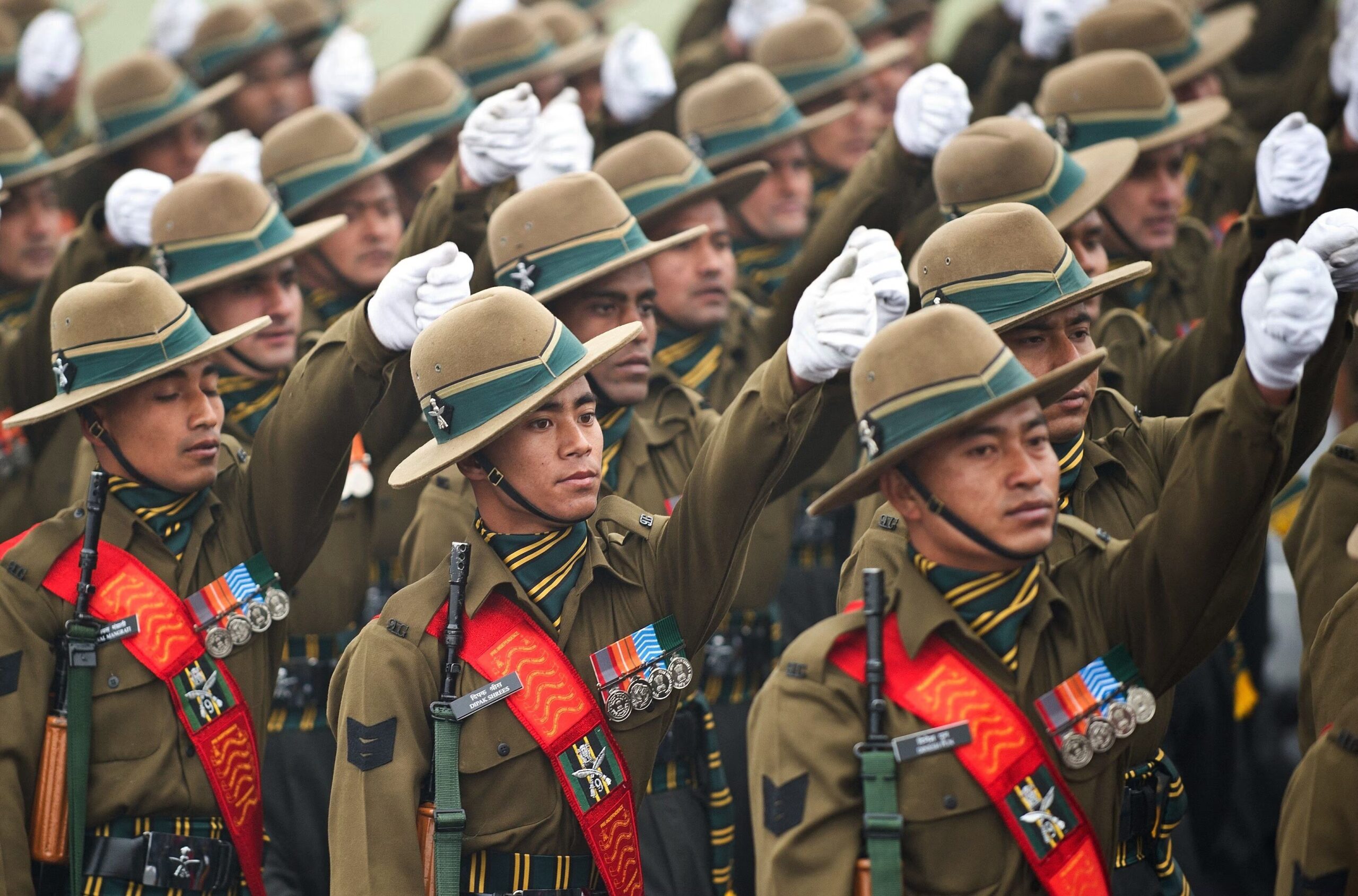
- There are also Indian Gurkhas in the battalions, and they are also upset about changes to the recruitment strategy called Agnipath, which means "path of fire."
- The shorter terms caused trouble all over India. Young people who didn't have many job chances got angry and blocked rail traffic and highways for days in many states.
Nepal’s Prime Minister Puspha Kamal Dahal will use his trip to India to try to get better conditions for Gurkha soldiers who join India’s army. This will be a test for New Delhi as it competes with Beijing for power in the Himalayan country.
When Prime Minister Narendra Modi’s government changed long-term jobs to ones with shorter contracts and no pensions last year, it hurt the relationship between Nepal and India. After a few weeks, Nepal stopped the 200-year-old way of hiring people until there was more information.
Nepal has made a lot of money by sending people from the Gurkha clan, who are known for being good soldiers, to work in the Indian military. Nepal is upset that the contracts are getting shorter. Some people in India’s government are worried that this could bring Kathmandu closer to China, which has development projects to give.
People who know about the situation say that Dahal and Modi will have “extensive talks” on Thursday during Dahal’s four-day visit, and the subject of Gurkha recruitment will come up. They said that New Delhi and Kathmandu could agree to let some Gurkha troops join the police and paramilitary forces after they finish their military service, just like their Indian counterparts do.
About 60% of the soldiers in each of India’s 44 Gurkha battalions, which have a thousand troops each, are from Nepal. These battalions are an important part of India’s military plans because they are always moving along the country’s western and northern borders with Pakistan and China.
The Ministry of Foreign Affairs in India and the Nepal Embassy in New Delhi both said they had nothing to say about it. In a previous statement, the ministry said that the meeting is part of a long-standing practice of high-level talks between India and Nepal.
Path of Fire
Gurkha troops have been part of the military of the subcontinent since 1815, when a peace deal between the British East India Company and the Kingdom of Nepal made it possible for them to join. After India got its freedom in 1947, London, New Delhi, and Kathmandu made a deal that let India and Britain keep hiring Gurkha fighters for their armies.
There are also Indian Gurkhas in the battalions, and they are also upset about changes to the recruitment strategy called Agnipath, which means “path of fire.”
The shorter terms caused trouble all over India. Young people who didn’t have many job chances got angry and blocked rail traffic and highways for days in many states. Some of them even set fire to trains.
With Dahal’s first trip to New Delhi since becoming prime minister again in December, India wants to work on the economy. One thing India wants to do is give Kathmandu a chance to be part of a highway network that connects Bhutan and Bangladesh so that goods and people can move easily between the two countries.
China, on the other hand, was way ahead of the game and offered Nepal in 2018 a rail network that tunnels through the mountainous Tibetan plateau and creates an alternative trade path. This is part of Beijing’s Belt and Road Initiative, which is its most important project. But the trans-Himalayan rail network is being delayed because of worries about money, which is a brief relief for New Delhi, according to people who are keeping an eye on the situation.
People say India could make a 25-year deal to buy electricity from Nepal, increase air travel between the two countries, and start a digital payment system between the two countries. They also said that building a cross-country oil pipeline to Nepal and pushing for a trilateral power trade pact with Bangladesh are likely to come up.

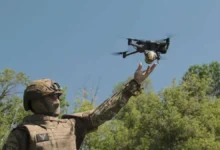
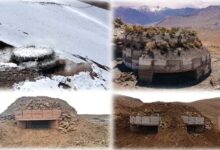
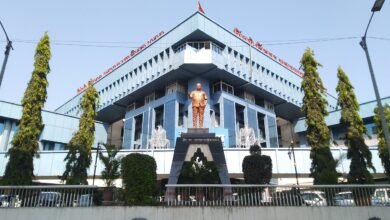
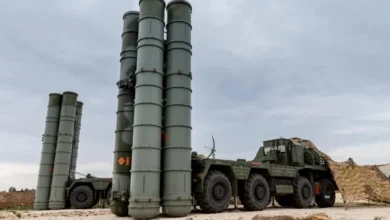
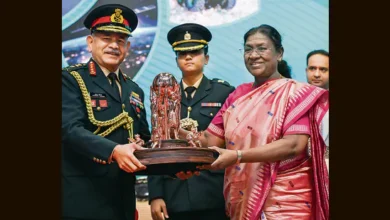
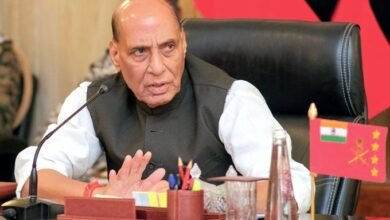
Facebook Comments